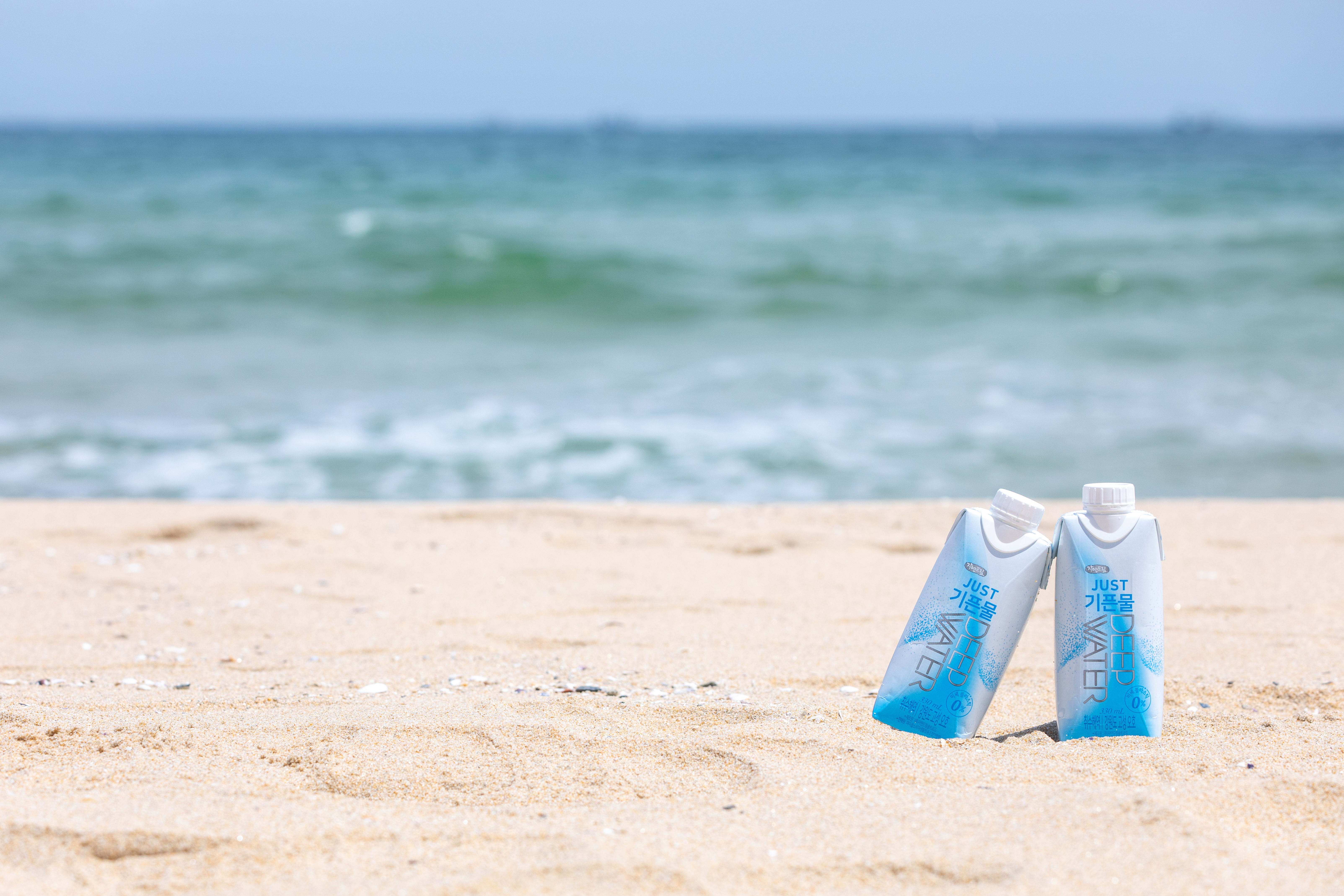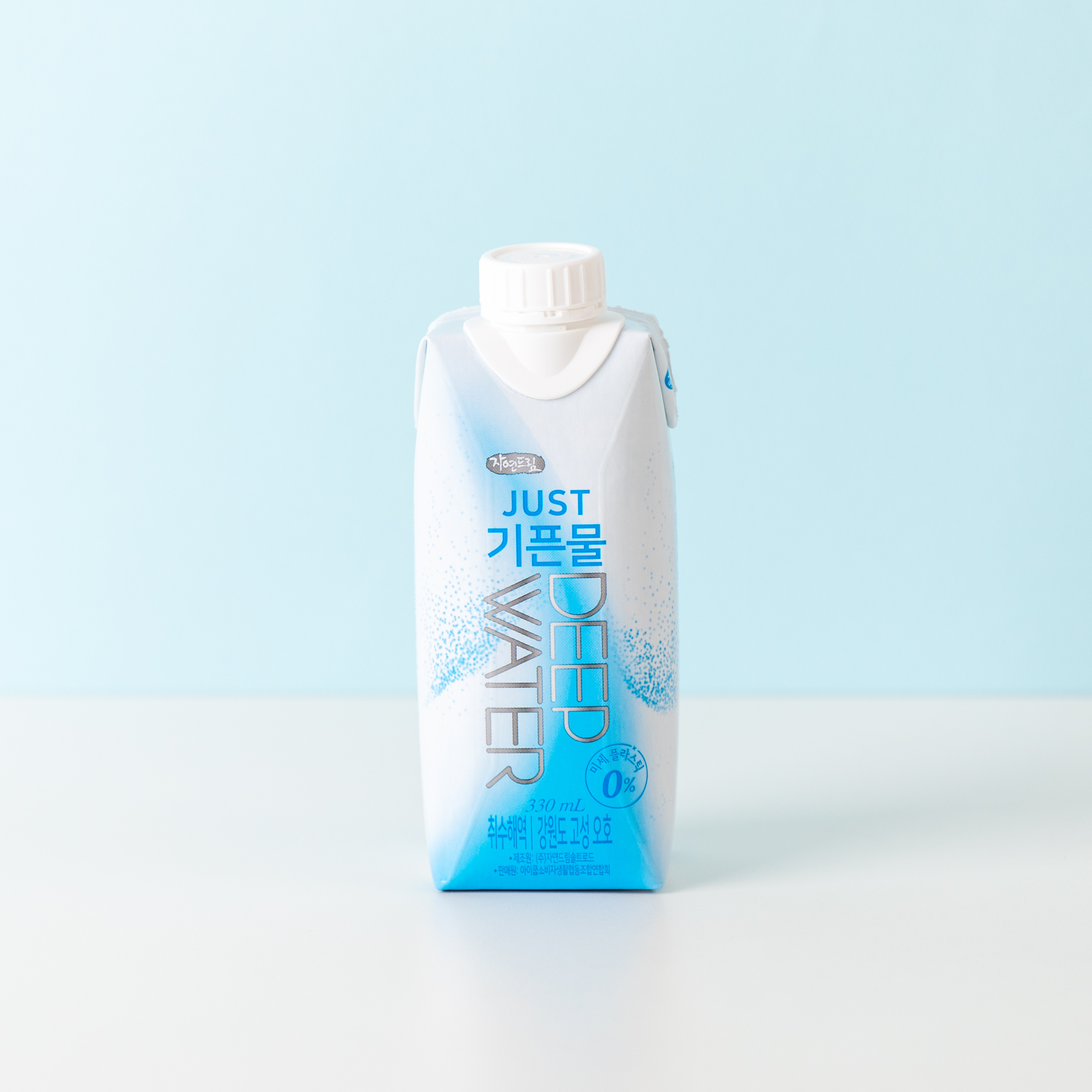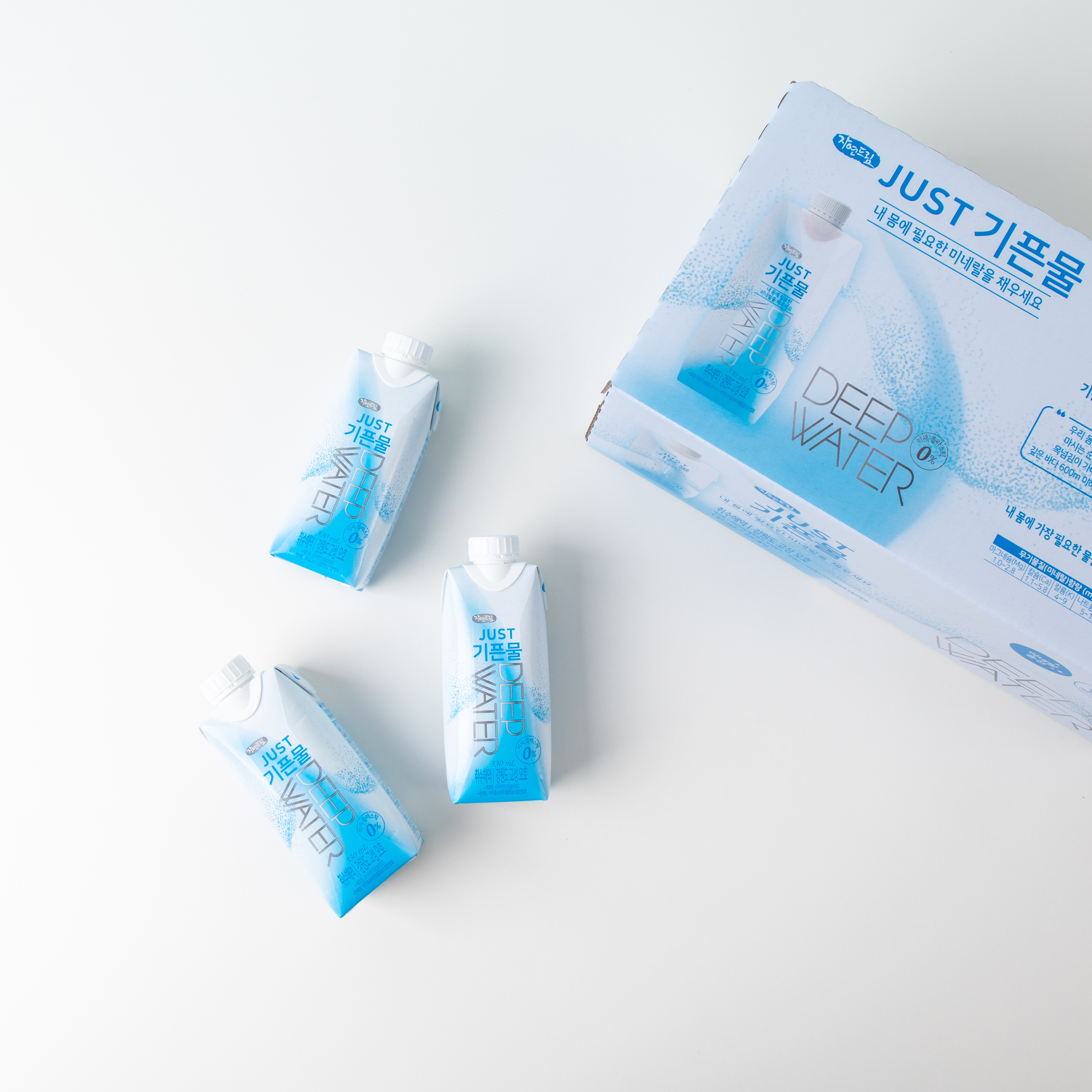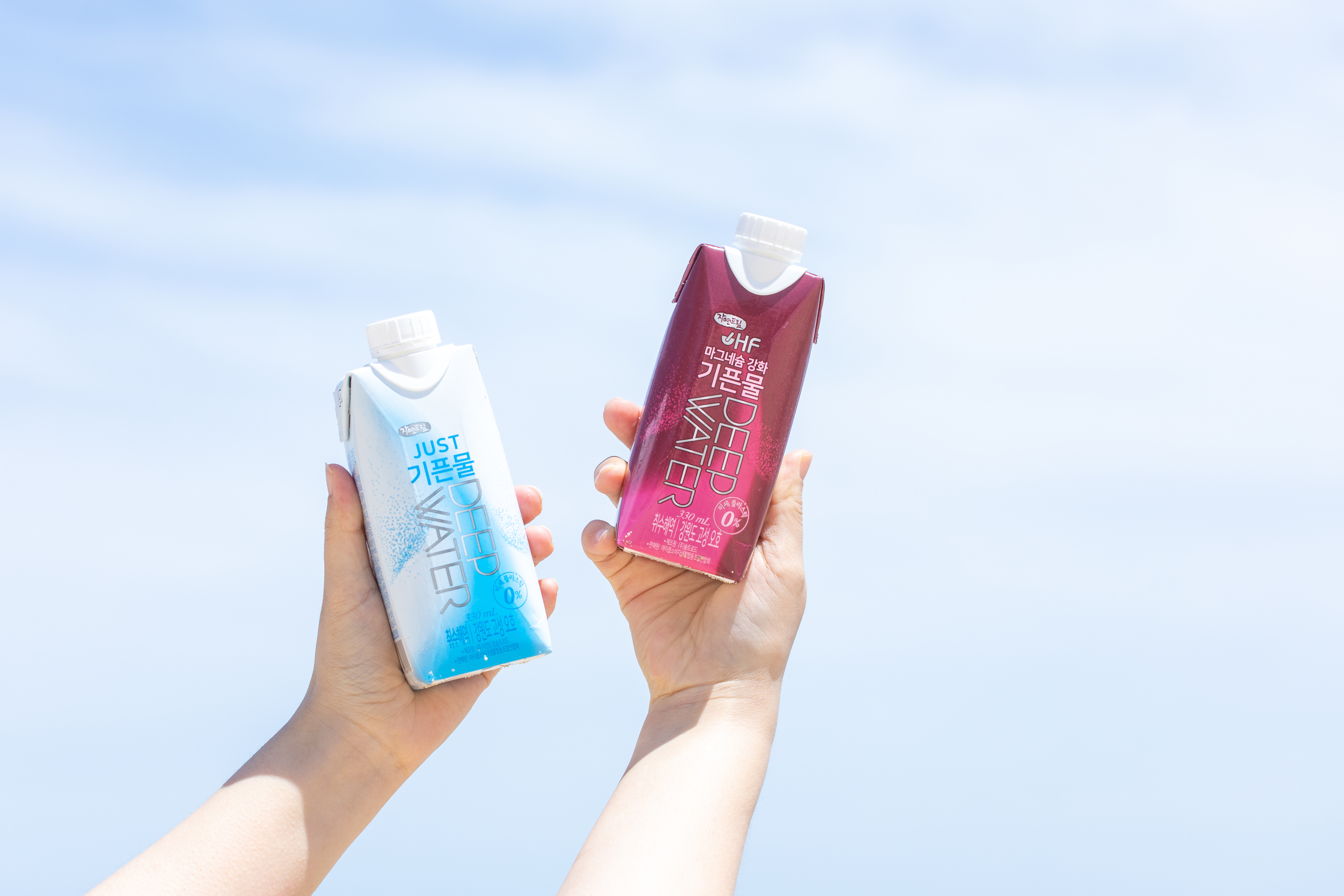
Drink Water, Save the Earth! An Interview with Hyunha Kim (2017 MDP)
- Date 2021-08-09 09:43
- CategoryNews
- Hit1227
Q) Please introduce yourself and where you are working.
Hello, my name is Kim Hyun-ha (2017 MDP), and I work on the campaign team of the iCOOP Consumer Life Cooperative Federation (iCOOP Cooperatives). As a consumer cooperative with 300,000 members across the country, iCOOP KOREA is raising the food safety standards of Korea by providing safe food for consumers, transparent information disclosure, and a strict management system. Since the days when the word “organic” was relatively unknown in Korea, we have been producing and selling eco-friendly agricultural products and processed foods with reduced chemical additives, and now we are meeting with consumers both online and offline through our representative brand, Natural Dream.

Q) iCOOP KOREA is well-known for its “carton bottled water.” Could you explain the principle of this product?
Carton bottled water emits 63% less carbon during the production and disposal processes compared to plastics, and only 100% Forest Stewardship Council (FSC) -certified paper is used for carton bottled water. The FSC certification system was created with the goal of managing sustainable forest resources by planting as many trees as companies use to prevent indiscriminate deforestation. The lid part is inevitably made of plastic, because you still need to put your drink in a bag or carry it around while drinking. However, unlike general plastic, it is made of High Density Polyethylene (HDPE) material, which uses 40% sugar cane, a perennial crop; and unlike other Poly Lactic Acid (PLA) materials, it can be recycled at home with PE plastic.

Q) What difficulties do you have in supplying cartons of bottled water, and what do you think should be done to improve the situation?
Consumers are still not aware that cartons are available as an alternative to PET bottled water. In fact, it is best to use a tumbler to solve the plastic problem. However, even when everyone says they should use a tumbler, there are cases where they can''t help but drink regular bottled water when they need it in hotels, events and conferences, or even outdoors. Even in that case, we would like more people to know about using carton bottled water as an alternative.
Q) It seems that iCOOP KOREA can have a positive impact on recycling and going paperless at KDI School. What would be better for recycling at KDIS?
In fact, after the product was released, I thought it would be a good idea to supply it to KDIS. KDIS has dormitories, and consumption and disposal can be done within the campus. It can be recycled along with the paper towels you use. In addition, the plastic in the lid is recyclable; for example, iCOOP recycles them into hangers and flowerpots and distributes them to members.

If KDIS creates a recycling bin exclusively for carton bottled water, so that it can be recycled better by considering the recycling process as well as simply consuming carton bottled water, iCOOP KOREA will collect it and efficiently put it to use. In addition, if students from foreign countries improve their understanding of recycling while experiencing the recycling process for themselves at KDIS, it can lay a foundation for policies that can help their countries when they return home and solve serious waste problems, and Korea''s trend of plastic reduction will spread abroad.
Q) If KDI School introduces the carton bottled water system, what effect will it have in the short and long term? Also, how does the increasing use of plastics affect the earth, our environment, and health, and how can using cartons at KDIS affect the use of plastics? How can it help reduce and further improve the environment?
Risk research on how microplastics affect our bodies is still in its infancy, so the government has not yet established standards for microplastics in food. First off, they’re so small that it''s hard to see them. However, if you look at the contents of overseas studies, it is said that each person ingests the weight of one credit card as microplastics every week, and that comes in at around 5g. Sources of intake include drinking bottled water from plastic containers, as well as microplastics from shellfish and salt. Further research is needed on the risks, but what is known so far can cause early puberty in women and can have serious effects on the nervous and immune systems.

Q) Lastly, is there anything you would like to say to the current KDIS students?
Use tumbler. And, if you can help it, use carton bottled water rather than plastic bottled water!

Related News
No Contents.
